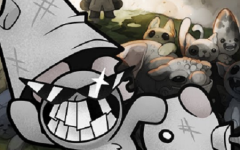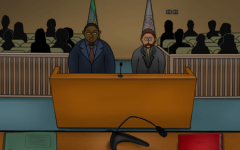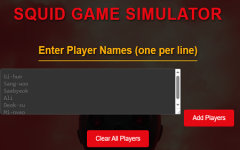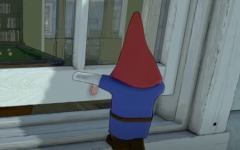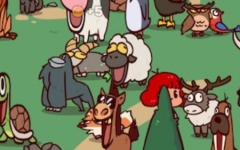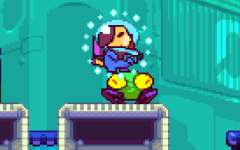Advertisement
PixWars 3
Advertisement
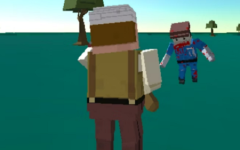
PixWars 3 is an online third-person action game centered on coordinated survival against waves of enemies. Players enter open environments filled with zombies and hostile creatures, using a mix of firearms and strategy to remain alive. The game functions directly through a web browser, requiring no installation and supporting both single-player and cooperative play. Its structure relies on repetition, progression, and adaptation to shifting enemy patterns within contained maps.
Gameplay Structure And Player Roles
The foundation of PixWars 3 lies in its combination of shooting, movement, and environmental control. Players navigate arenas using a standard control scheme—WASD for movement, mouse input for aiming, and keyboard shortcuts for weapon switching and reloading. Each map operates as an independent session where the objective is to clear multiple zombie waves. Players can choose different roles depending on weapon preference, alternating between offense, support, and area control.
Core Loop And Gameplay Elements
The internal cycle of PixWars 3 follows a repeating operational structure:
- Select a map and difficulty setting before entering combat
- Choose a weapon loadout suited for the selected environment
- Eliminate waves of zombies and gather in-game resources
- Purchase upgraded weapons or unlock new levels between sessions
- Repeat the process to improve efficiency and survival time
This framework ensures each round functions as both training and progression, connecting learning directly to player improvement.
Map Design And Combat Dynamics
The environments in PixWars 3 are divided into compact arenas and wide battle zones. Enemies spawn in increasing quantities, forcing players to adapt movement and positioning with each wave. The combination of weapon range and terrain layout defines the rhythm of battle. Ammunition and health resources appear in limited quantities, requiring coordination and timing between players. The structure of combat emphasizes sustained awareness rather than short-term reaction.
Concept And Design Purpose
PixWars 3 demonstrates how repetition and structure can drive engagement without complex narrative systems. Its gameplay loop focuses on mechanical clarity—movement, aim, reload, repeat—supported by strategic adaptation. Each successful session depends on planning, map awareness, and resource balance. The design shows how cooperative shooters can function through minimal elements, relying on logic, rhythm, and coordination rather than random events or scripted storytelling.



























































































































